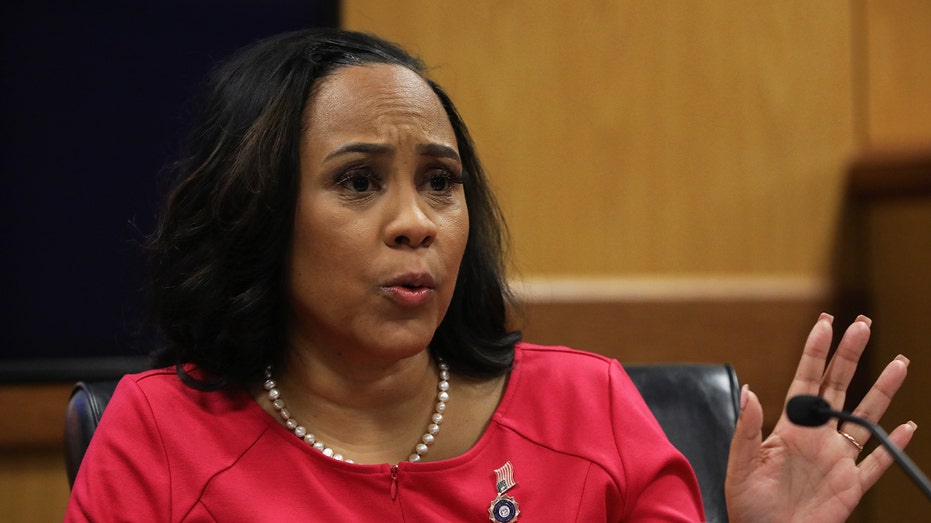95 Ukrainian prisoners of war return from Russian captivity, including Azovstal defenders
Many of the 95 Ukrainian servicemen released in the 17 July exchange are grappling with injuries and chronic illnesses, which sheds light on the harsh conditions in the Russian captivity, according to the Ukrainian Coordination Headquarters.
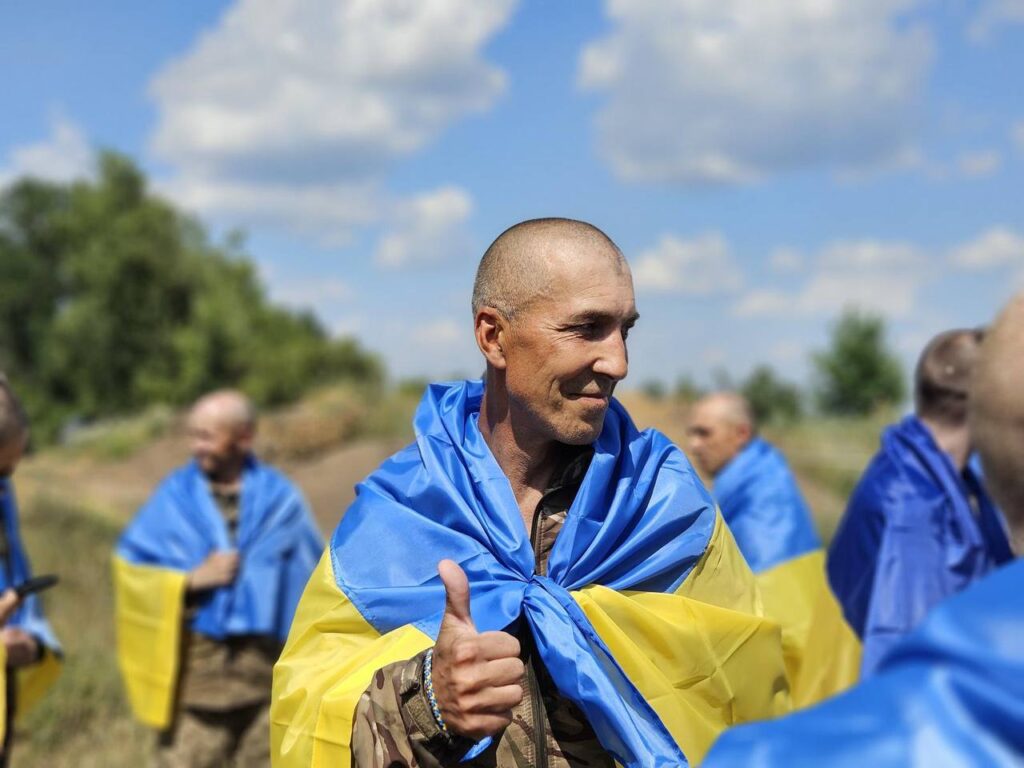

On 17 July, 95 Ukrainian servicemen returned to Ukraine from Russian captivity, according to The Coordination Headquarters for the Treatment of Prisoners of War.
The United Nation report and other human rights organizations documented that Ukrainian prisoners of war experience systematic torture, beatings, starvation, and sexual violence in Russian captivity.
The released Ukrainians include 49 soldiers from the Armed Forces of Ukraine, 21 National Guardsmen, 10 military sailors, seven territorial defense members, five border guards, two from the State Special Transport Service, and one defender from a voluntary territorial community formation.

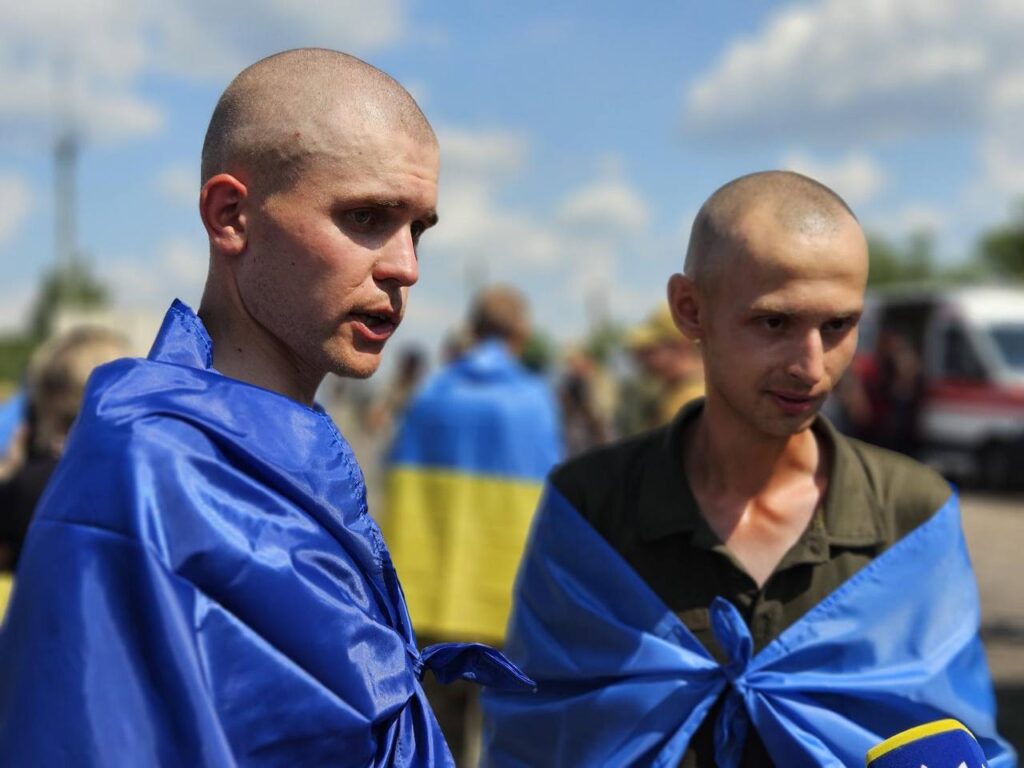
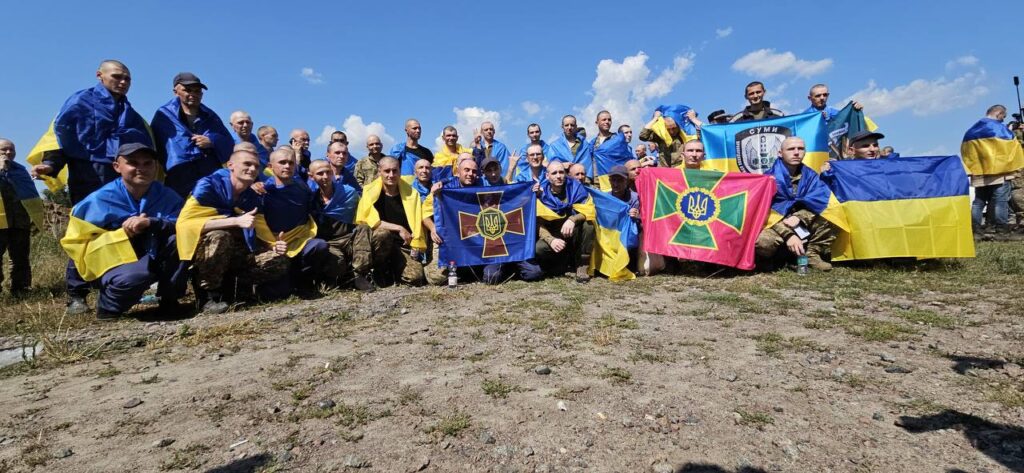
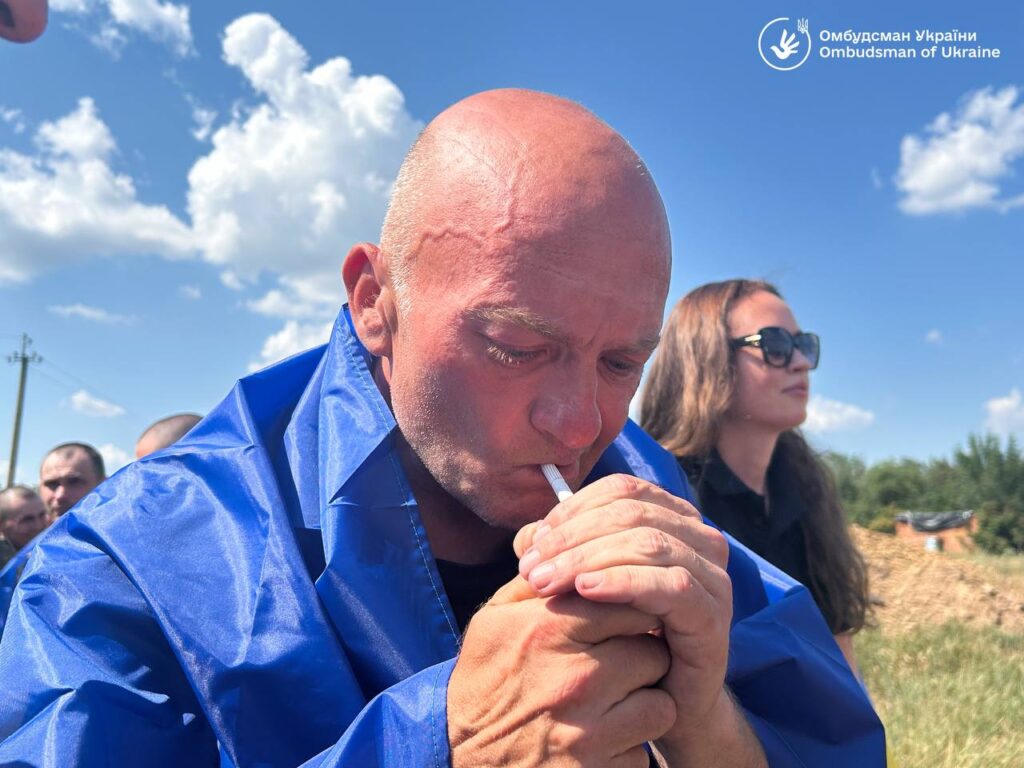
Among the returned, 23 people defended Mariupol (13 defenders of Azovstal), 41 fought in the Donetsk direction, nine in Luhansk and nine in Zaporizhzhia, three in Kherson and three in Kharkiv, according to The Coordination Headquarters for the Treatment of Prisoners of War.
One man volunteered for the “air bridge” mission to Azovstal in 2022, in which Ukrainians flew on a helicopter to Mariupol to help the units blocked at Azovstal.
The exchange also included a sailor who had been captured while providing humanitarian aid in his village in Kyiv Oblast during its occupation in 2022.
Ukraine’s President Volodymyr Zelenskyy thanked the United Arab Emirates for acting as amediator in the exchange.
“No matter how difficult it may be, we are looking for everyone who may be in captivity. We have to return everyone,” Zelenskyy wrote.
The Coordination Headquarters notes that many of the returning soldiers are dealing with injuries and chronic illnesses requiring long-term treatment. Most had been in captivity since 2022, and one individual had previously been listed as missing.



